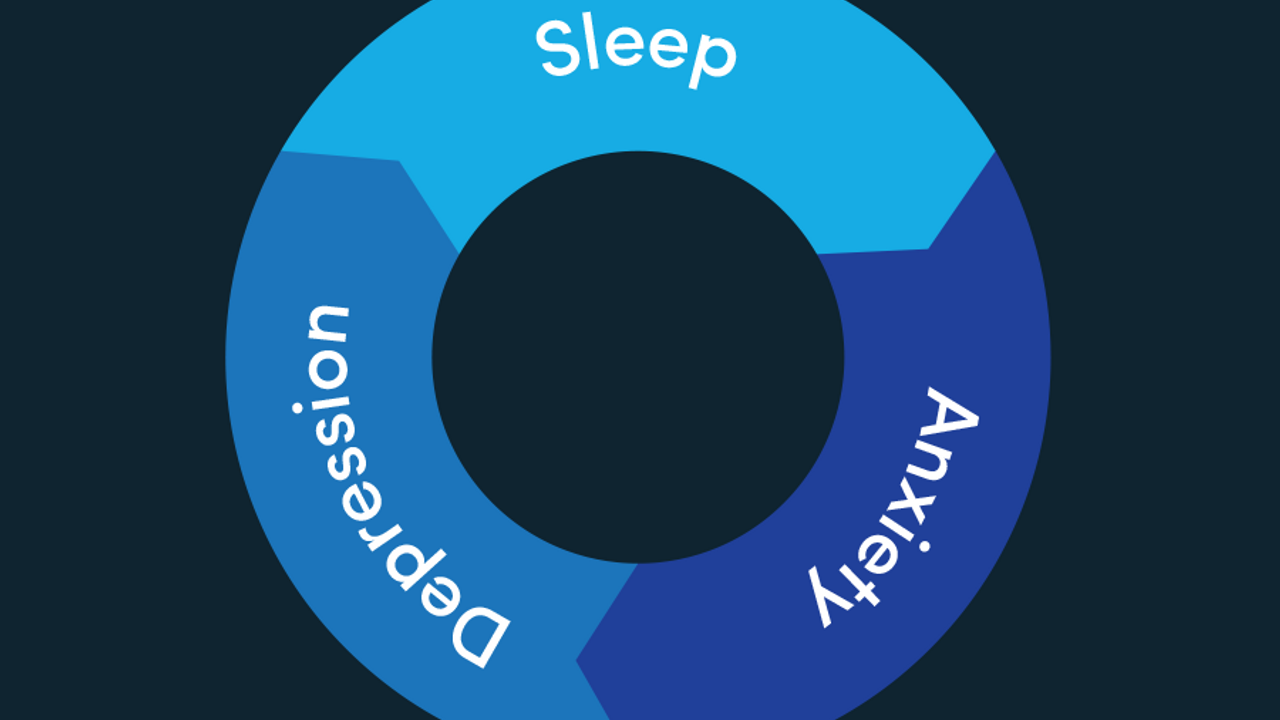
Sleep & Mental Health
May 19, 2021Sleep & mental health are very closely related. Deprivation of sleep will affect your mental health. Also, those with mental health problems are more likely to have insomnia or some type of sleep disorder.
According to the Harvard Medical School, studies show that 65%-90% of adult patients with major depression experience some kind of sleep problem. Most patients with depression have insomnia. Insomnia & other sleep problems affect outcomes for patients with depression. Studies from the Harvard Medical School report that depressed patients who consistently experience insomnia are less likely to respond to treatment than those without sleep problems. Even patients whose mood improves with antidepressant therapy are at more risk for a relapse of depression later on.
With regards to anxiety, sleep problems affect more than 50% of adult patients with a generalized anxiety disorder(GAD). Insomnia may truly also be a risk factor for developing an anxiety disorder. Insomnia can also worsen the symptoms of anxiety disorders or prevent recovery.
Here are some tips for getting the sufficient sleep that you need:
- Be physically active - being physically active allows you to fall asleep quicker and spend more time in the deep sleep that your body needs
- Relaxation techniques - activities like meditation & deep breathing exercises can counter anxiety and those horrible racing thoughts
- Sleep hygiene - good "sleep hygiene" is a term that is used to include things like maintaining a sleep schedule, keeping the room dark & free of distraction, and using the bedroom for only sleeping.

